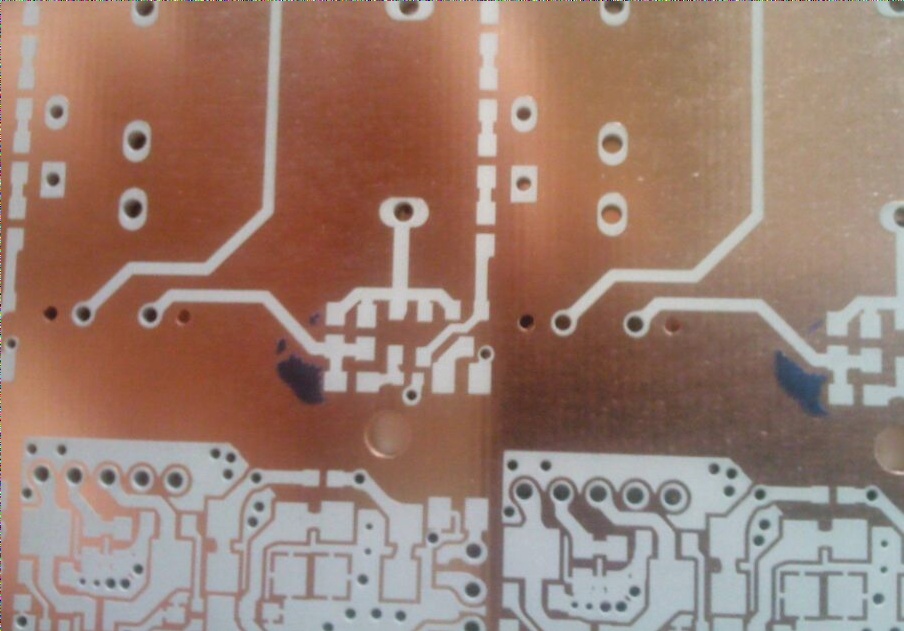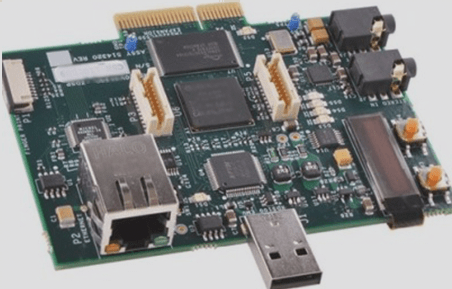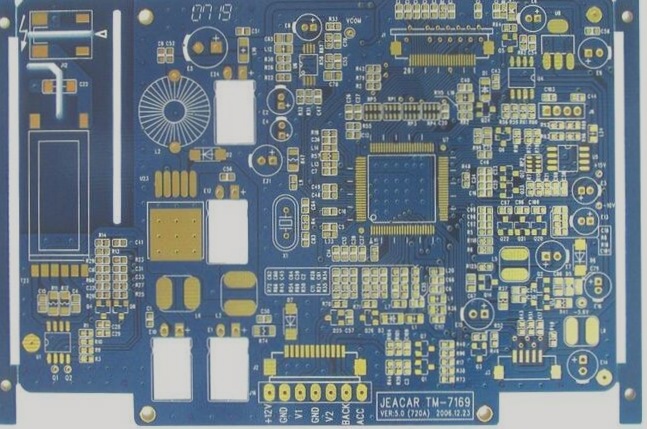Comparing Benefits of Flexible PCBs vs. Rigid PCBs
- Lightweight Advantage: Flexible PCBs are lighter than rigid PCBs, making them ideal for compact and lightweight electronic devices such as drones and medical equipment.
- Durability Factor: Flexible PCBs excel in withstanding shocks and vibrations, enhancing long-term reliability in military equipment, medical electronics, and satellites.
- Resistance Quality: Flexible PCBs offer superior resistance to warping, chemicals, heat, and radiation, making them suitable for harsh environmental conditions like automotive electronics.
- Miniaturized Technology: Flexible PCBs enable engineers to create smaller electronic products with stringent size constraints, meeting the demands for compact designs and enhanced functionality.
- Shock and Vibration Resilience: Flexible PCBs outperform rigid ones in handling severe shocks and vibrations, making them ideal for high-impact environments and industries with high-vibration instruments.
- High-Temperature Applications: Flexible PCBs offer superior heat dissipation and can endure extreme temperatures, making them valuable in high-temperature applications like borehole surveying in the oil and gas industry.
- Future Trends: While flexible PCBs have significant advantages, rigid PCBs are likely to remain in use due to cost efficiency. Innovative products may integrate flexible circuits where needed while using rigid PCBs for cost-effective manufacturing.
For competitive prices on both rigid and flexible PCBs, companies like WellPCB offer solutions including hybrid rigid-flex PCBs for various applications.
Flexible PCBs vs. Rigid PCBs: A Comparison
Flexible PCBs are known for their durability and functional performance, but they come at a higher cost compared to rigid PCBs. The manufacturing and installation of flexible PCBs involve additional engineering files like coverlays, pressure-sensitive adhesives, and stiffeners, which contribute to their higher price tag.
It’s worth noting that the cost of flexible PCBs can further increase with the number of layers and various influencing factors. Despite the expenses, many industries, including medical, military, and automotive sectors, are increasingly adopting flexible PCBs due to their numerous benefits.
Are you currently weighing the options between rigid and flexible PCBs for your upcoming project? Explore more articles on this topic to delve deeper into the differences and considerations.



